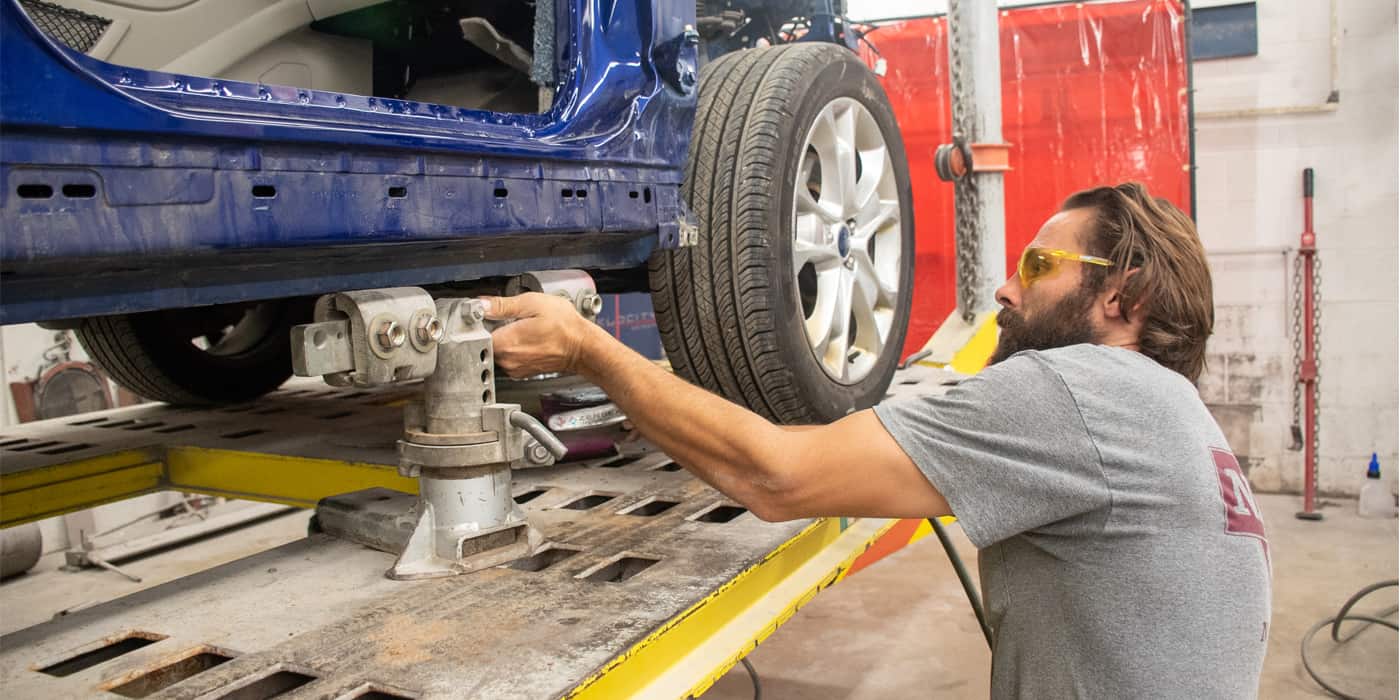Repetitive strain injury (RSI) and cumulative trauma disorder (CTD) are 2 of several terms used to describe a group of activity-related soft-tissue injuries that include tendonitis, forearm myalgia, and nerve entrapment syndromes, among other conditions. The area affected by RSI and CTD may be only the upper limbs, may include the neck and upper back, or may encompass the lower back and lower limbs as well. RSIs and CTDs represent an important burden arising from both sport- and work-related activity, the latter generating considerable societal and employer costs through workers’ compensation claims.
Performing biomechanical/physical tasks, organization of work associated with tasks, and psychosocial stressors at work are among the causes of work-related RSI and CTD. These diverse causes have lead many work and health researchers to prefer the term work-related musculoskeletal disorders. Other researchers have studied the work-related exposures that contribute to RSI and CTD. A systematic review conducted in 2017 indicated a preponderance of cross-sectional studies focusing on work-related exposures among specific populations.
The findings add to the existing empirical evidence of the role of both physical and psychosocial work factors in the onset of RSI, CTD, and work-related musculoskeletal disorders.34 Such evidence should lead workplaces and governments to consider the wide range of preventive measures documented by researchers into and practitioners of ergonomics. OSHA Manuals have already been prepared to guide workplaces in the implementation of ergonomic programs that can reduce the physical demands of work.
There is considerable evidence from the organizational behavior and industrial psychology literature that work reorganization can reduce psychological demands. Yet, even among those with RSIs or CTDs, secondary prevention activities designed to correct risky conditions may be very restricted in terms of coverage. Research findings like presented here must be complemented with rigorous evidence on the effectiveness of workplace and regulatory interventions to persuade company and union officials and government policymakers to reduce the burden of work-related RSI, CTD, and work-related musculoskeletal disorders.
For more information and enhance your company’s fall protection program this spring and summer contact HURT-511 and our personal injury lawyers help injured workers recover the benefits to which they are entitled by law. For a free consultation with an experienced workers’ compensation lawyer, call us toll-free at 800-4878-511 or complete our online form. Our firm handles accident and injury claims throughout all five boroughs of New York.
HURT-511 operates in all boroughs of New York including all Bronx neighborhoods, namely: Bedford Park, Belmont, Fordham, Highbridge, Hunts Point, Jerome Park, Kingsbridge, Morris Park, Morrisania, Mott Haven, Parkchester, Riverdale, Spuyten Duyvil, Throgs Neck, University Heights and Woodlawn.





 Trusted Reviews
Trusted Reviews



